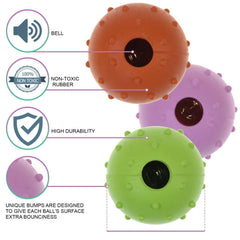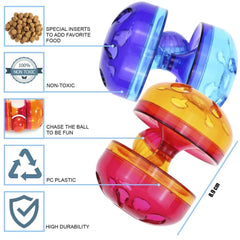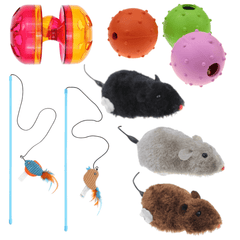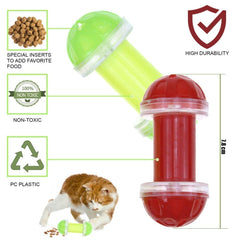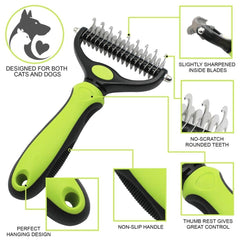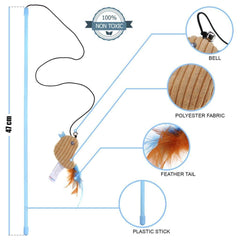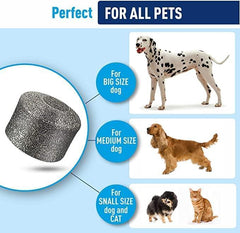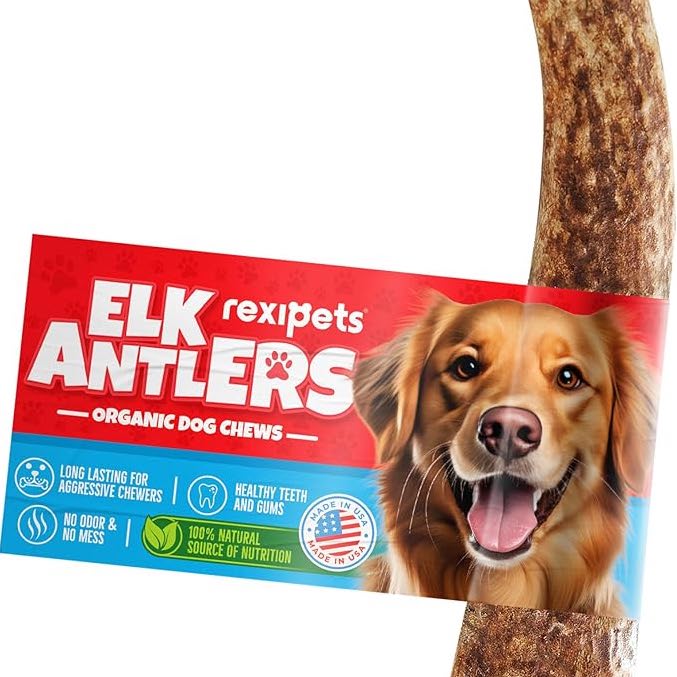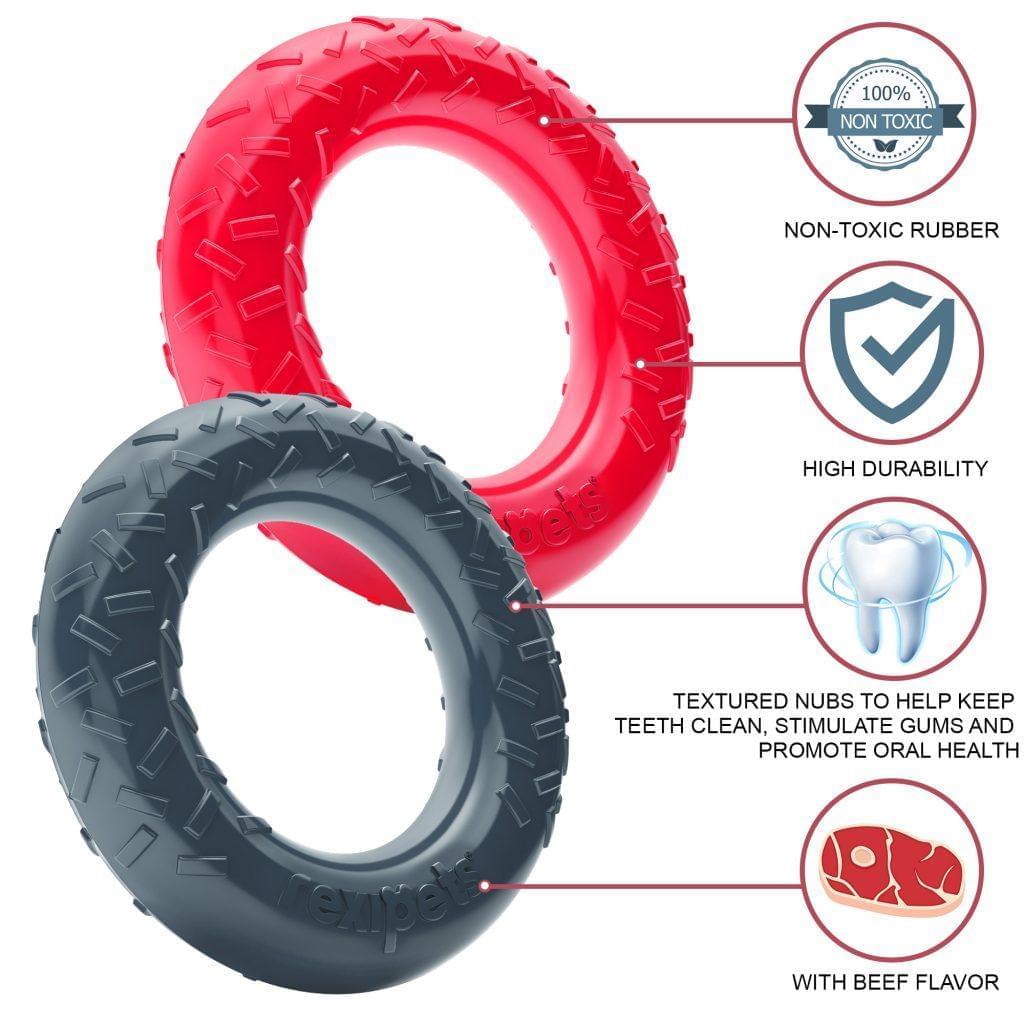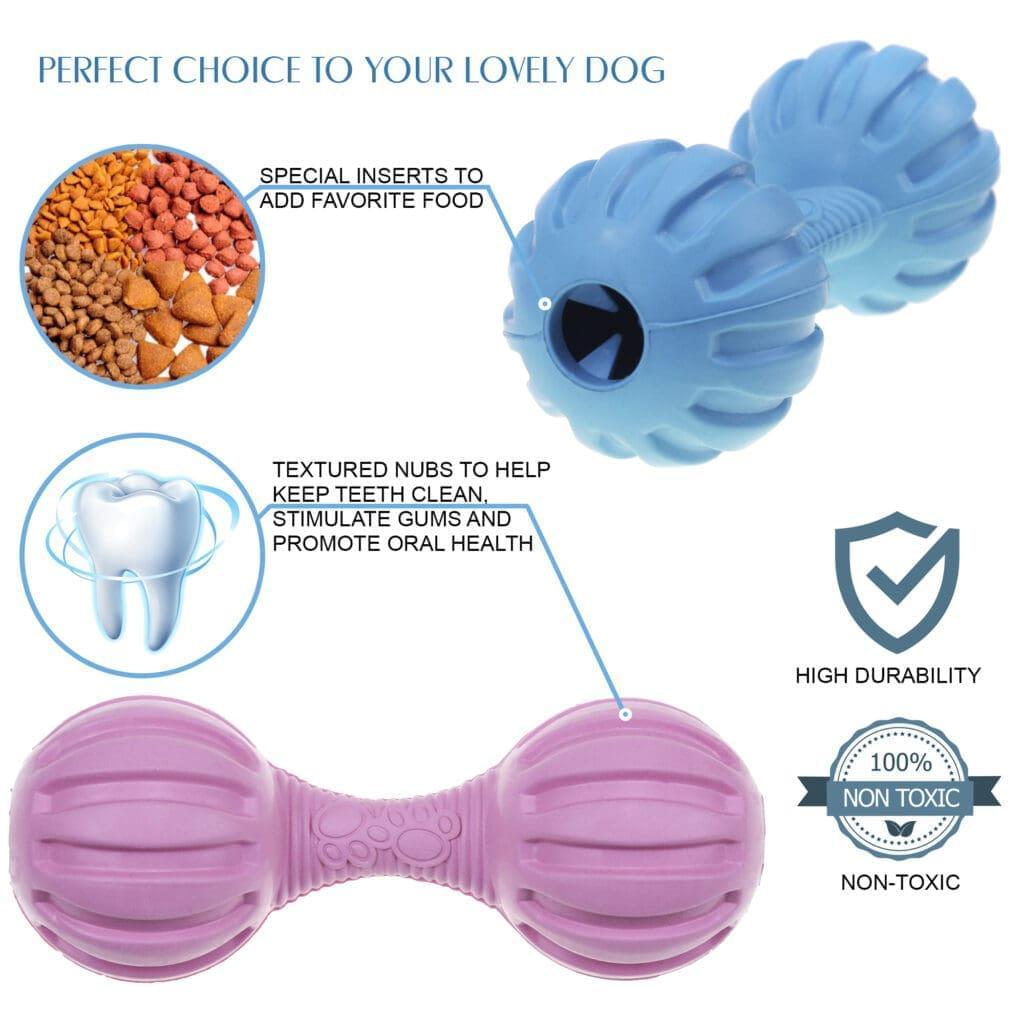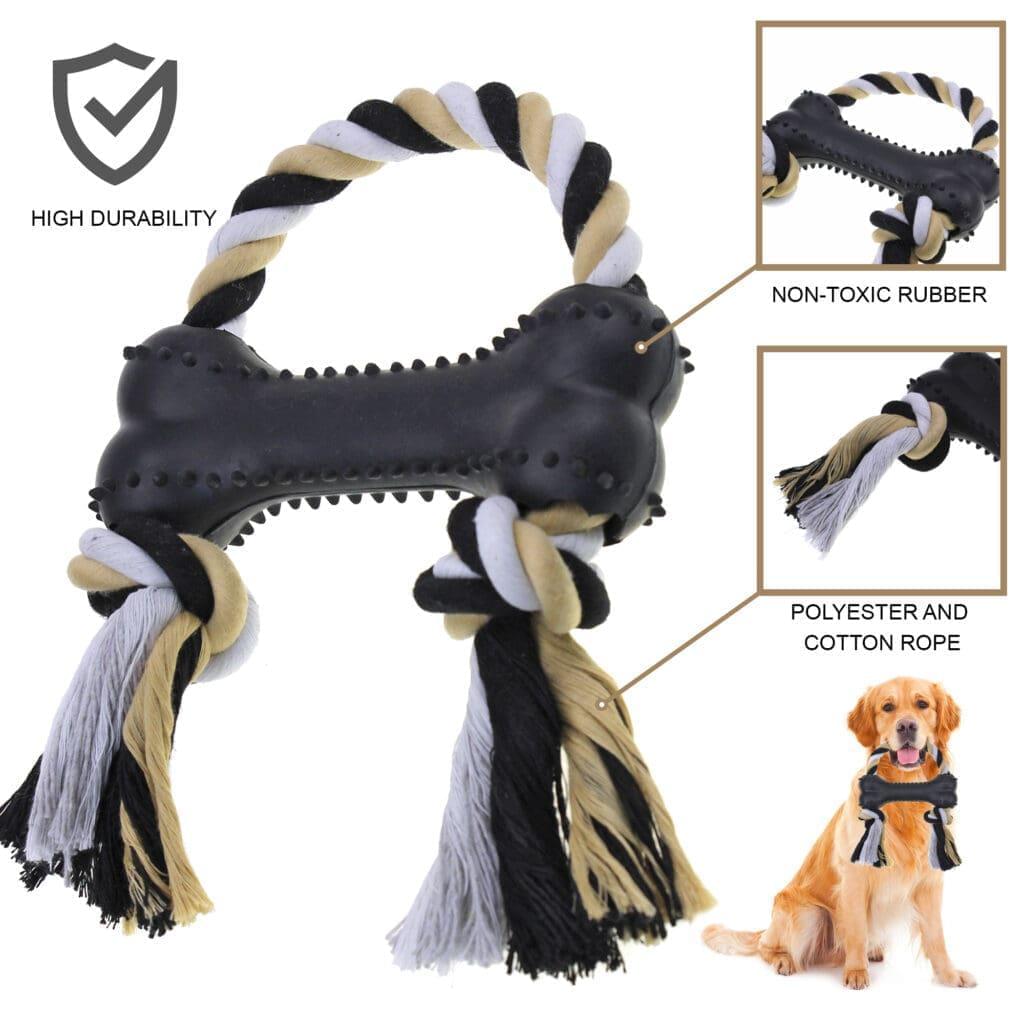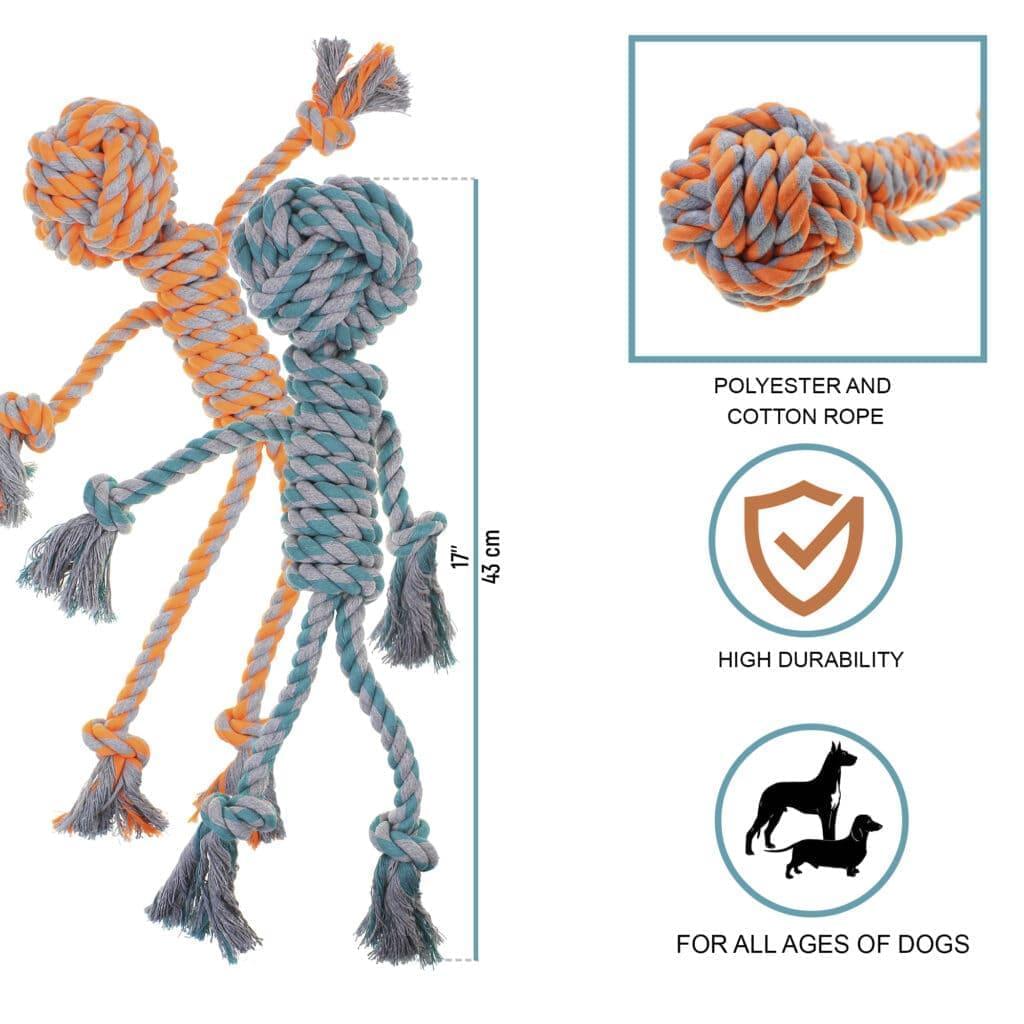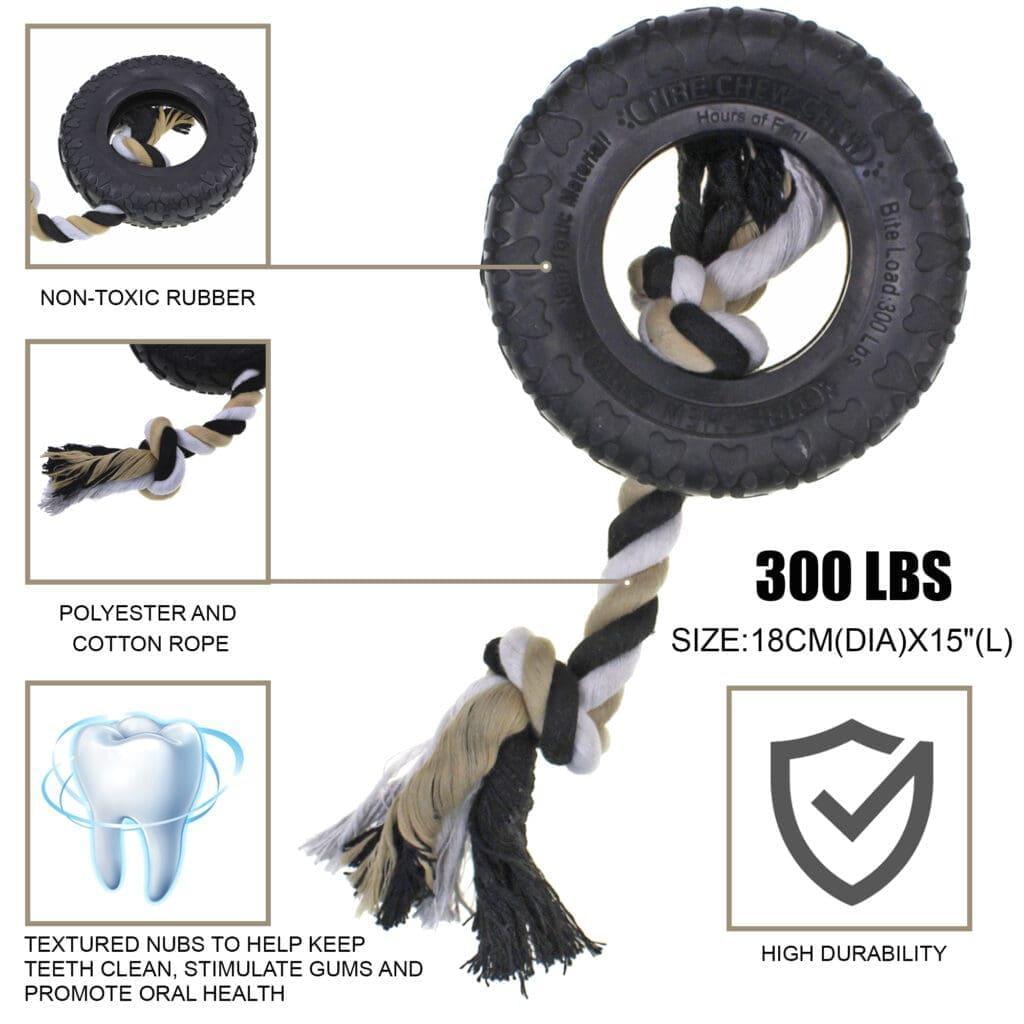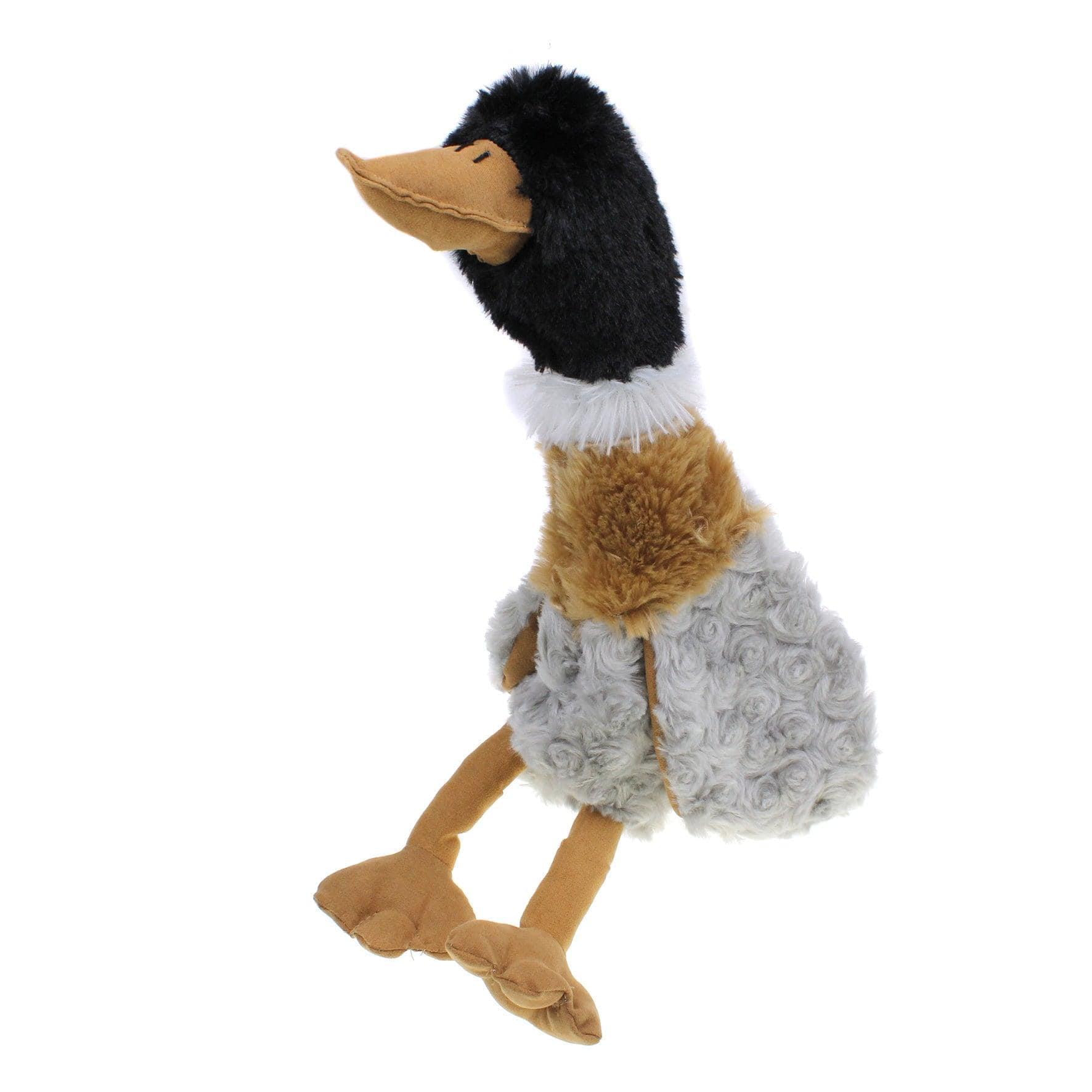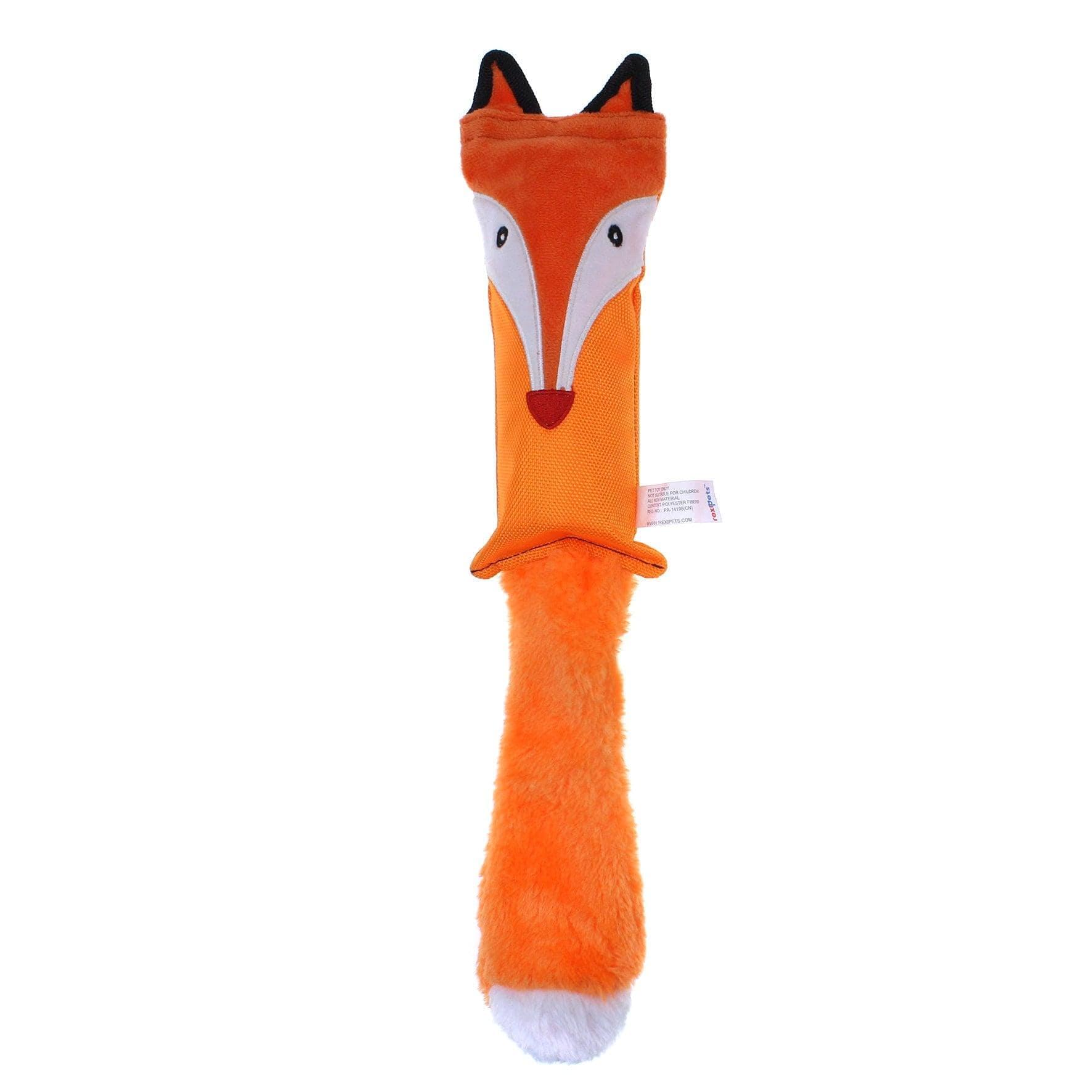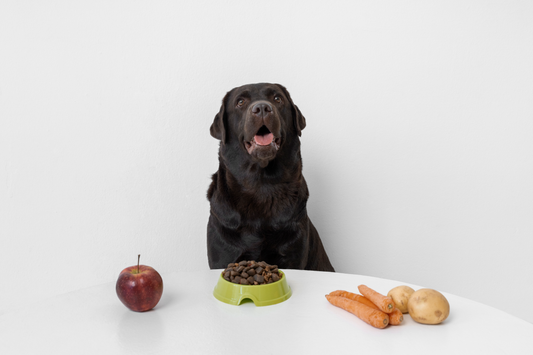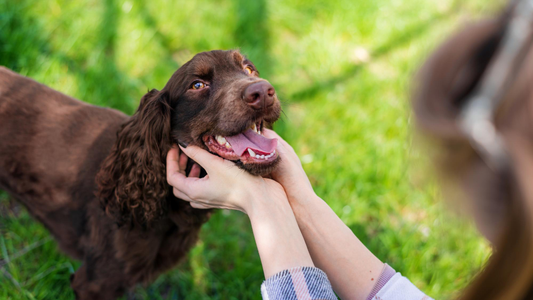Do you ever sit back and think about whether you are feeding your dog well? Do you ever wonder whether they are getting all the essential nutrients out there to be a good boy?
Well, you're not alone. A lot of pet owners are constantly worried if their furry friends are getting enough essential nutrients like calcium.
Just like humans, dogs need a balanced diet to stay healthy, and calcium plays a vital role in their overall well-being. Calcium is an important nutrient for strong bones and teeth, muscle function, and even some metabolic processes.
Today at Rexipets, we'll explore a variety of natural calcium sources that can be easily added to your dog's diet, helping maintain its health and vitality in the most natural way possible.
From dairy products to healthy chew bones, you'll discover plenty of ways to naturally boost your dog's calcium intake.
What Can You Give Your Dog for Calcium?

There are a bunch of options for dogs to get natural calcium, but other than that, you can also give your dog calcium supplements.
It is important to talk to your vet before giving your dog calcium supplements, as too much of a good thing can also be harmful. While calcium isn't toxic for dogs, it is often administered with vitamin D for calcium absorption, which can be toxic for dogs in high dosages.
So, make sure you don't land in unfavorable situations and consult your vet before giving any additional calcium supplementation to your dog.
How to Incorporate Calcium Supplements into Your Dog’s Diet?
Calcium supplements for dogs typically come in the form of food toppers, treats, or powders that can be easily mixed into your dog's meals. Bone meal supplements are an excellent source of calcium for dogs as well.
So, go ahead and ask your vet about calcium supplements. How much calcium your dog needs depends on its specific condition. For example, pregnant dogs need a lot more calcium.
Moreover, most commercial dog foods contain a decent amount of calcium, while dogs whose food sources are mainly homemade dog food might need a dose of that excess calcium.
7 Best Natural Sources of Calcium for Dogs
Making sure your dog gets enough calcium is vital for their bone health and their overall health. While supplements are always an option, natural sources of calcium can be just as effective.
Let's discover some of the best natural ways to boost your dog's calcium intake and keep them healthy and strong.
Elk Antlers
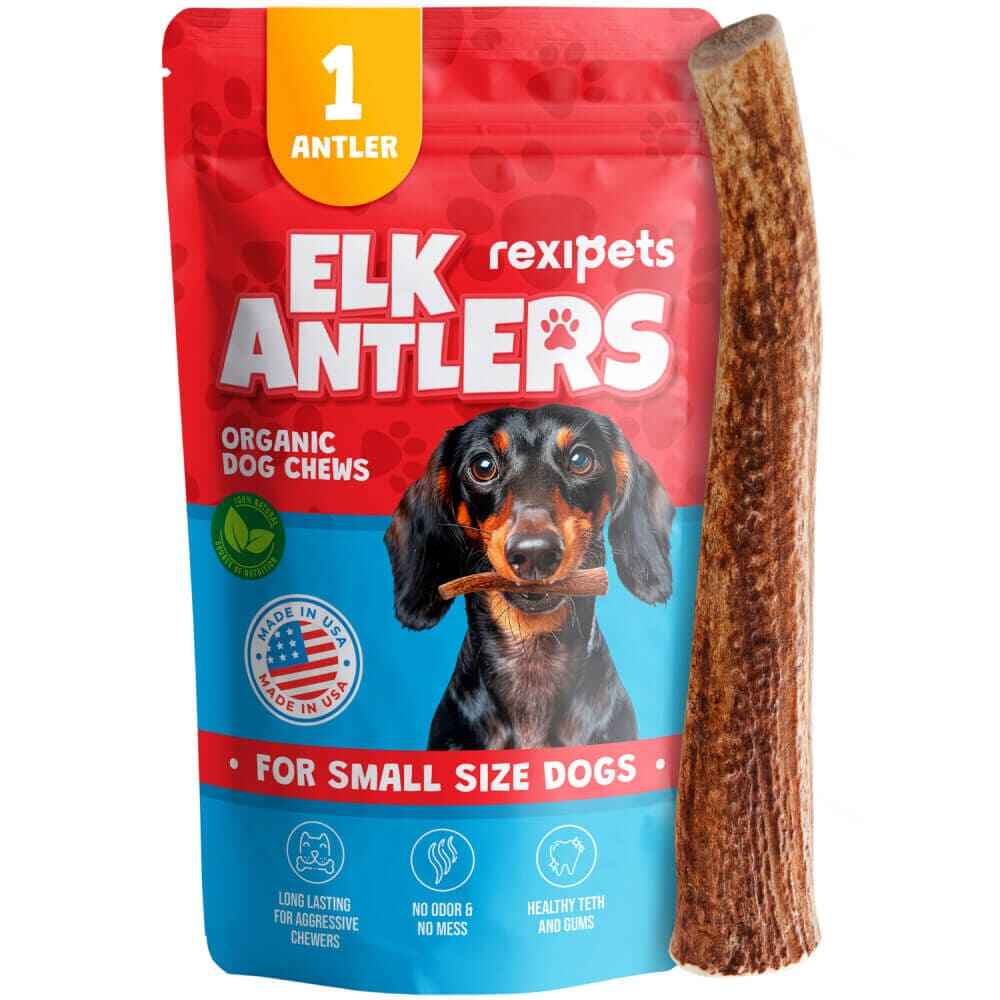
Elk Antlers are fantastic natural dog chews. They are filled with essential nutrients such as calcium and phosphorus, which support dental health and bone strength.
Along with being an excellent source of calcium, antlers stimulate your dog's mental health and help keep them entertained, minimizing destructive chewing habits.
Give your furry friend an antler and watch them enjoy the healthy benefits.
-
Bones

Raw bones that can easily be chewed, such as chicken or turkey necks and wings or pork or lamb ribs, are excellent sources of calcium for your dog. Ideally, these soft, meaty bones should make up at least 10% of your dog's diet.
Your dog will also love chewing on larger, meaty bones, and these should be given regularly. However, it's crucial to remember to never, ever give your dog cooked bones, as they may splinter and harm your dog.
-
Eggshells

Another great way to meet your dog's calcium needs is by adding finely ground eggshells to their food.
Eggshells are about 380mg of calcium per gram, making them a fantastic, calcium-rich addition to your dog's meals.
-
Sesame seeds

Sesame seeds make a great source of calcium. By grinding them, you can make the calcium easily accessible for your dog. These tiny nutritional powerhouses also pack a punch with magnesium, zinc, copper, and vitamin B1.
-
Fish
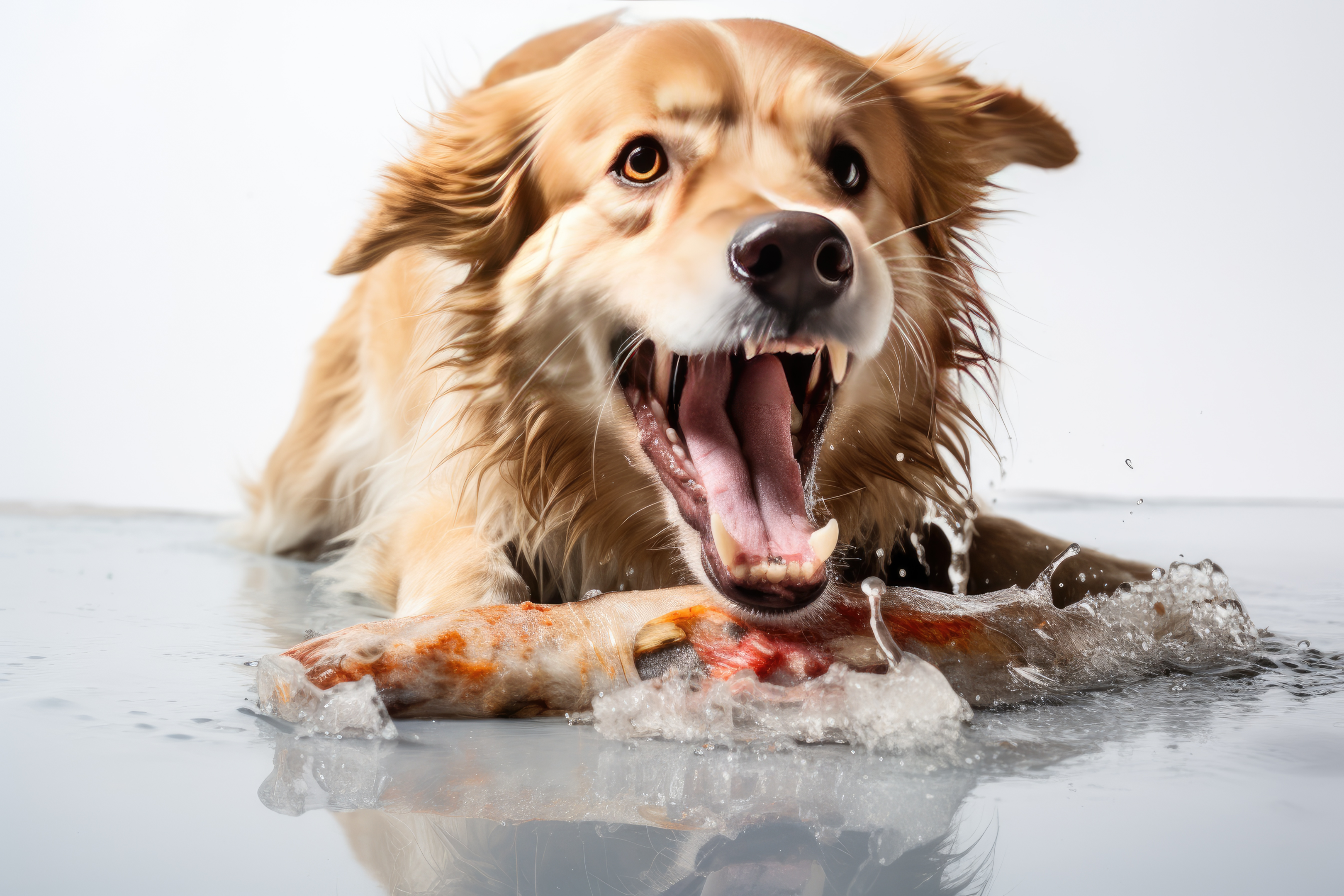
Fish like raw tuna, sardines and salmon are packed with soft, calcium-rich bones, making them a great option when it comes to calcium rich foods.
Sardines, for example, offer about 208 calories and 25 grams of protein per 100 grams. It's an all-in-one powerhouse! Treat your dog to these nutritious fish and watch them thrive.
-
Kale

Kale is an excellent source of 100% natural calcium source for dogs. This leafy green is extremely rich in antioxidants and is also sometimes called "Vegan Beef" due to its protein, iron, and calcium content.
Interestingly, a serving of kale provides 121 milligrams of Omega-3 fatty acids and may even reverse conditions like arthritis, heart disease, and even some autoimmune diseases.
Consider adding kale to your dog's diet to boost their calcium intake and overall health benefits. It's a nutritious addition that your furry friend might just love!
-
Cheese

Cheese is a calcium-rich dairy product that dogs love, especially hard cheeses like cheddar, which contains roughly 200 mg of calcium per ounce.
You can improve your dog's meal simply by adding a slice of cheese broken into bite-size pieces. Cottage cheese is also popular among dogs, offering about 65 mg of calcium in a half-cup serving. Simply add half a cup to your dog's food for a nutritious boost.
While cheese is generally safe for dogs, it's essential to choose the right type. Stick to cheeses like mozzarella, cottage cheese, goat cheese, and plain low-fat cheese, as they are low in fat and lactose, minimizing digestive issues in lactose intolerant dogs and weight concerns in diabetic or obese dogs.
Moreover, steer clear of cheeses with added herbs or ingredients that could be harmful to dogs.
Symptoms of Calcium Deficiency in Dogs?

Calcium deficiencies in dogs can lead to several serious health problems, such as inflammation of the pancreas, kidney failure, parathyroid gland failure, and hypocalcemia.
It's important to be aware of the symptoms of low calcium levels in your furry friend, which include:
- Dizzines
- Lethargy
- Lack of appetite
- Muscle twitching
- Convulsions
- Seizures
If you notice any of these signs, contact your veterinarian ASAP. They will need to examine your dog to provide an accurate diagnosis.
If your dog is diagnosed with a calcium deficiency, your vet will likely recommend a calcium supplement to address the issue. Keep an eye on your pup’s health, and reach out to your vet if you have any concerns!
How to Treat Calcium Deficiency in Dogs?
The treatment for calcium deficiency in dogs can be different based on the cause and severity of the deficiency. Your vet can tell you about the right dosage of calcium to quickly bring your dog's levels back to normal.
For most dogs, an oral calcium supplement is all that's needed to restore health. However, in more severe situations, your dog might require serious calcium therapy.
Additionally, some dogs may need a long-term supplement to prevent a relapse. Always consult your vet to ensure your furry buddy gets the best treatment possible!
Final Words
We went on quite the journey today, from discussing what you can give your dog for its calcium needs to how to give it it.
Making sure your dog receives an adequate supply of calcium is vital for their overall health and well-being.
There are numerous ways to boost your dog's calcium intake naturally, from natural sources like elk antlers, bones, and ground eggshells to nutrient-rich options such as fish, kale, and cheese.
But if for some reason it doesn't work out, you can always opt for calcium supplements available out there.
Be a responsible dog owner and remember to consult with your veterinarian before making any significant dietary changes and always offer these calcium-rich foods in moderation. This will help you keep a balanced diet for your furry companion to avoid issues with your dog's digestion.
FAQs
Can dogs take human calcium supplements?
It's not recommended to give human calcium supplements to dogs because they are designed for human bodies and typically come in doses suitable for bigger bodies than those of dogs.
Additionally, these supplements may contain ingredients that can be dangerous to dogs, so steer clear of them completely.
Daily amounts of calcium for dogs
Healthy adult dogs typically need around 50 mg of calcium for each kilogram of your dog's weight. For instance, a 5 kg dog requires 250 mg of calcium daily, while a 25 kg dog needs roughly 1250 mg of calcium per day, and a 50 kg dog would require 2500 mg of calcium each day.
Can a dog overdose on calcium?
It's uncommon for dogs to overdose on calcium alone, but they can overdose on human calcium pills. The risk with these supplements is mainly due to their added Vitamin D and K, which basically helps in calcium absorption.
Dogs with any kidney disease are more at risk of calcium overdoses, so dog owners are advised to avoid giving human supplements to dogs completely to avoid health complications.
What are the signs of a calcium overdose in dogs?
You might notice blood in their urine or stool. Muscle weakness and rapid breathing are common symptoms, along with increased thirst and peeing as the body tries to flush out the excess calcium.
Abdominal pain, stomach upset, and dehydration can occur, leading to discomfort and potential complications. Some dogs may shake or collapse, showing a more severe reaction to the overdose. If you think your dog has ingested too much calcium, it's crucial to seek veterinary help to prevent further health problems.
